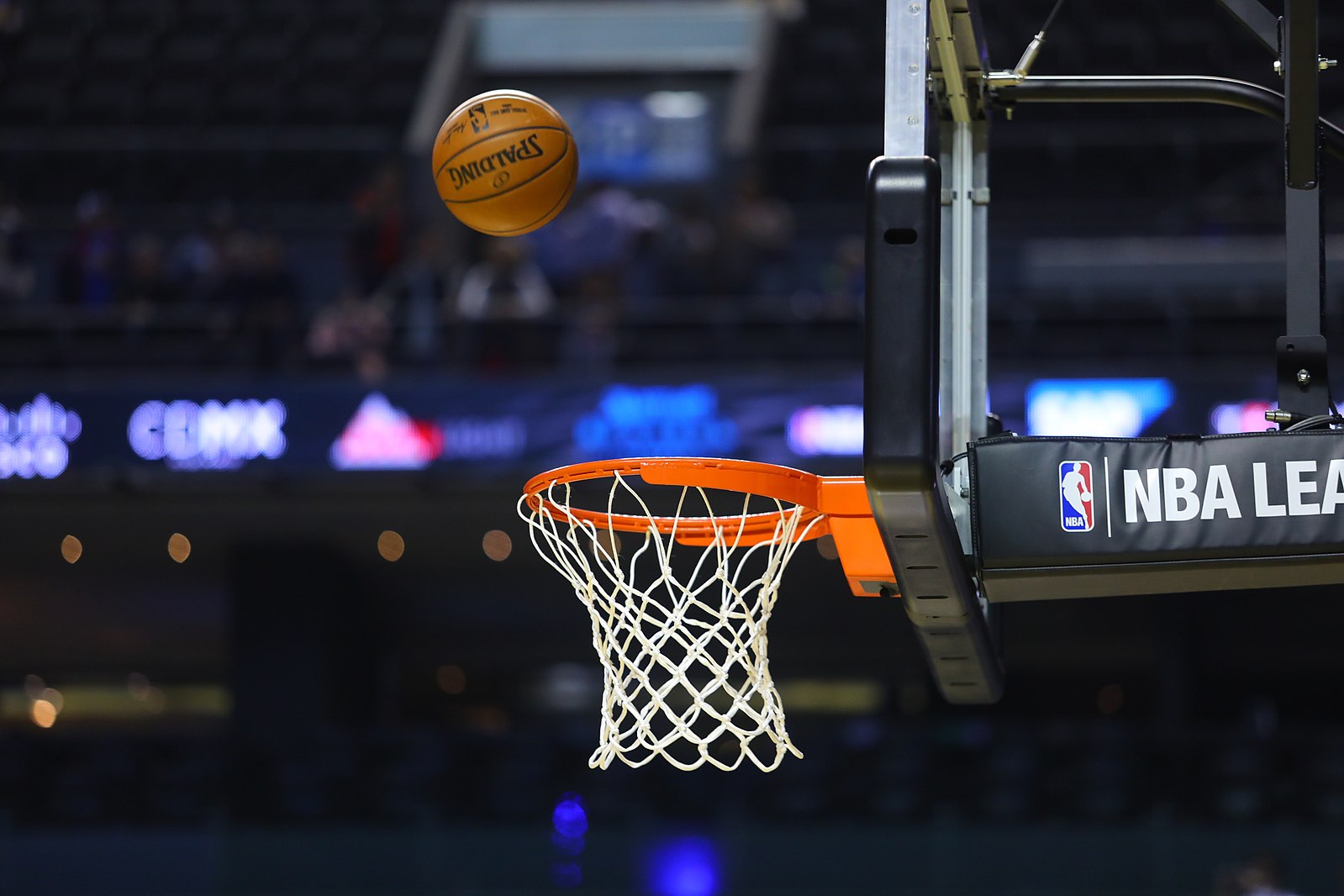Addressing the Load Management Loophole
Fans have bemoaned NBA teams’ liberal use of load management as an excuse to rest stars for years now. Gone are the days of Kobe Bryant who famously quipped “What about the fans who saved up to see me play just once?” when addressing why he often played through nagging injuries.
Instead we now find ourselves in the era where the San Antonio Spurs get fined for resting Tim Duncan, Tony Parker, and Manu Ginobili in a Finals rematch against the Miami Heat. Kawhi Leonard, now playing for the Los Angeles Clippers, seems to only want to suit up for 75% of the league schedule on the rare occasion he’s healthy. And veteran stars are beginning to treat road trips like a la carte menus where they can pick and choose which nights they feel like playing.
There have been countless instances where young fans were disappointed to learn that their favourite players whom they went to see play wouldn’t be suiting up. While there’s nothing wrong with resting or avoiding unnecessary injuries, you’re being paid to play.
But does all the blame rest on the players? Or are owners and coaches just as much to blame for the epidemic of DNP’s across the league?
In its simplest terms, load management is “the deliberate temporary reduction of external physiological stressors intended to facilitate global improvements in athlete wellness and performance while preserving musculoskeletal and metabolic health.“
It can be an alternative to avoid unnecessary injuries, especially for teams with ageing rosters and championship aspirations. And while the NBA hasn’t imposed an anti-load management rule yet, debate amongst fans and analysts continues on whether it should remain common practice.
What’s The Solution?
While it’s understandable for coaches to want to rest their star players on occasion, even though the players are healthy enough to take the court, it’s becoming widespread to the point that fans are calling on the NBA to address the issue.
Speaking at the NBA All-Star weekend, commissioner Adam Silver was peppered with questions from the press regarding load management. While Silver gave the usual canned responses regarding fewer back to backs or 4 games in 5 day periods, he stopped short of saying the league would be making any actual changes to the schedule or imposing new rules around resting players.
“We’re working collectively, together with our doctors, our data scientists and trying to see if there’s an optimal way for player performance. If it means at some point we conclude that we’re better off elongating the schedule … that’s worth looking at,” Silver remarked. “If we thought it made sense to reduce the number of games we would.”
Whether the NBA will admit it or not, part of the reason why load management exists is because of its 82-game regular season schedule. There’ve been ideas floated around to shorten the season to discourage the need to rest certain players in preparation for the playoffs.
A shortened regular-season schedule would mean fewer games and less room for error so coaches would be forced to play their superstars almost every game. Unfortunately, talks to shorten the lengthy 82-game schedule have faltered throughout the years due in large part to decreased revenues for owners.
If shortening the regular season isn’t enough to discourage load management, a minimum required number of games played to win certain awards could be something that the league looks at implementing.
If the NBA implemented and enforced a required number of games played for players to be considered in the awards races, the potential rule would not only make the races more interesting but also it would also discourage healthy superstars taking unnecessary nights off.
This rule would have more than just an ego related effect as it would also encourage players whose contracts include bonuses for winning postseason awards to play more games.
At the end of the day however, players’ bodies are their primary source of income, and if they get hurt by playing every game, they suffer. The other side of the argument posits that it’s also their responsibility to be in game shape every day.
While this won’t be something that’s resolved anytime this season, you can expect that topic of load management to be front and centre during the next round of collective bargaining talks. And with the current deal set to expire following the 2023-24 season, change could be coming sooner rather than later.
-Iggy Gonzales
Photo: Gobierno CDMX. This file is made available under the Creative Commons CC0 1.0 Universal Public Domain Dedication.
